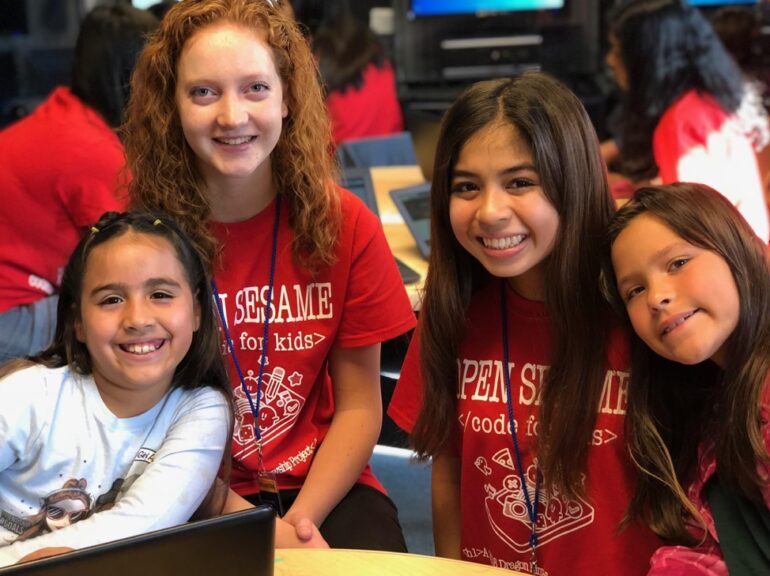In 2006, former attorney, U.S. Senate Aide and Hollywood screenwriter Scott Fifer started what would become GO Campaign — a small nonprofit — to help 20 street kids he met in Kilimanjaro, Tanzania. Driven by the singular goal of assisting those 20 kids, most of them orphans, Fifer dedicated himself to supporting the dreams and ideas of the man who took them in — a local hero in Fifer’s eyes.
Though the partnership with that man in Kilimanjaro ultimately didn’t last, U.S. donors approached Fifer wanting to help other heroes: a monk educating girls in Cambodia, a schoolteacher educating indigenous children in Peru, an ex-con turned therapist helping at-risk juveniles in Watts, among others. Fifer attracted a trio of co-founders, three LA-based philanthropists and moms, who helped him amplify his vision. Soon, GO Campaign instituted its signature “Local Hero” model where it identifies, vets and builds up dedicated leaders who are deeply embedded within their communities. These Local Heroes provide opportunities that transform the lives of children and youth, tailored to the unique needs of the community. The Local Hero concept caught on quickly with GO’s donors, leading to celebrity-hosted galas, and donations from philanthropists including the likes of Sumner Redstone and Leonard Lauder.
GO’s model is built on one simple action: listening. GO never goes in and tells a community what they need. GO lets the local voices determine what is best for their own children.
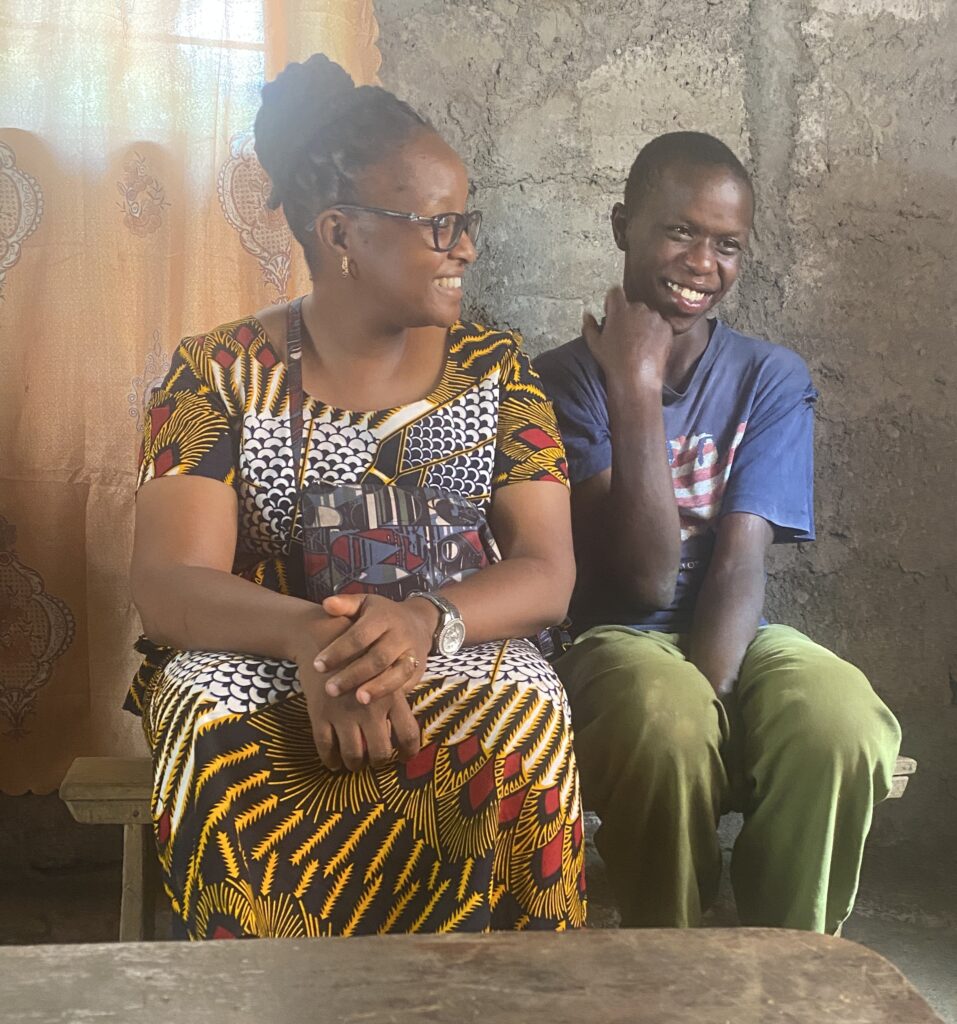
GO has now supported over 200 men and women who are changing the lives of children in communities around the world. Several GO Local Heroes are also CNN Heroes, including Marie da Silva helping AIDS orphans in Malawi, and Juan Pablo Romero educating kids in Guatemala, and CNN’s first ever “Superhero,” Pushpa Basnet, changing the narrative for babies born in prison in Nepal. Another GO hero, Kailash Satyarthi in India, won the Nobel Peace Prize.
For their 10-year anniversary in 2016, GO helped Local Hero Brenda Shuma build a comprehensive center for children with intellectual disabilities — in the very same village where Fifer first volunteered in 2006. Brenda had a vision, that if left unrealized, would have cost the lives of children. GO Campaign refused to sit idly by, and now Brenda’s new center is thriving and saving lives across East Africa.
GO’s next ambition is a community center on Chicago’s South Side, headed by CNN Hero and retired police officer Jennifer Maddox. In 2020, GO secured a $1M donation from the Beachbody Foundation to purchase an abandoned Walgreens next to violence-plagued Parkway Gardens so that Jennifer’s organization, Future Ties, could expand their after-school programming. Jennifer dreams of outfitting the empty building with classrooms for tutoring, vocational training, a gym, an industrial kitchen and an indoor basketball court where kids can play safely without the worries of being hit by stray bullets.
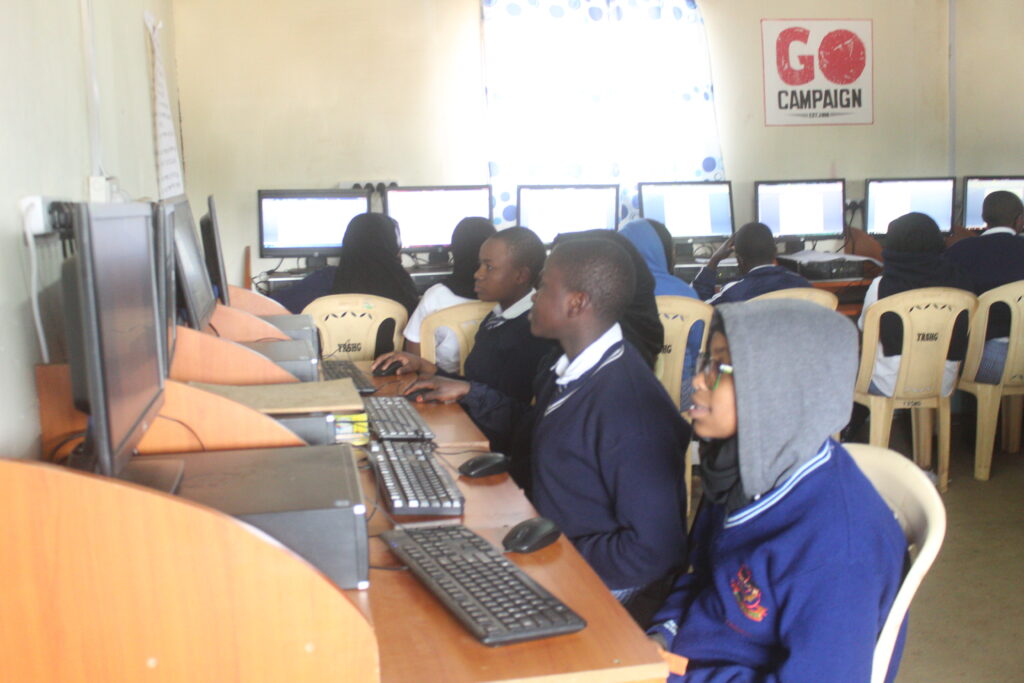
Jennifer’s vision in Chicago mirrors Brenda’s life-saving dream in Tanzania that was ultimately worth the risk and achieved great success. Jennifer’s vision needs and deserves equal support, but while GO has a high-profile in L.A., it is relatively unknown in Chicago. One of Fifer’s challenges is figuring out how to get Chicago’s eyes on the project, sharing, “I am certain there are smart and caring people in Chicago who would fall in love with Jennifer and want to see her dreams come true. A hero like Jennifer should not have to struggle to save kids’ lives. Chicago should be supporting her in full force; it’s just a matter of getting the word out to the right people.”
However, raising awareness isn’t GO’s sole obstacle. Its growing reputation continually attracts more deserving Local Heroes seeking assistance. Heroes educating Afghan girls, caring for Ukrainian orphans and bringing youth together for peace in the Middle East still turn to GO for guidance and support. Unfortunately, post-pandemic realities like declining individual donations and rising project costs pose challenges to providing support.
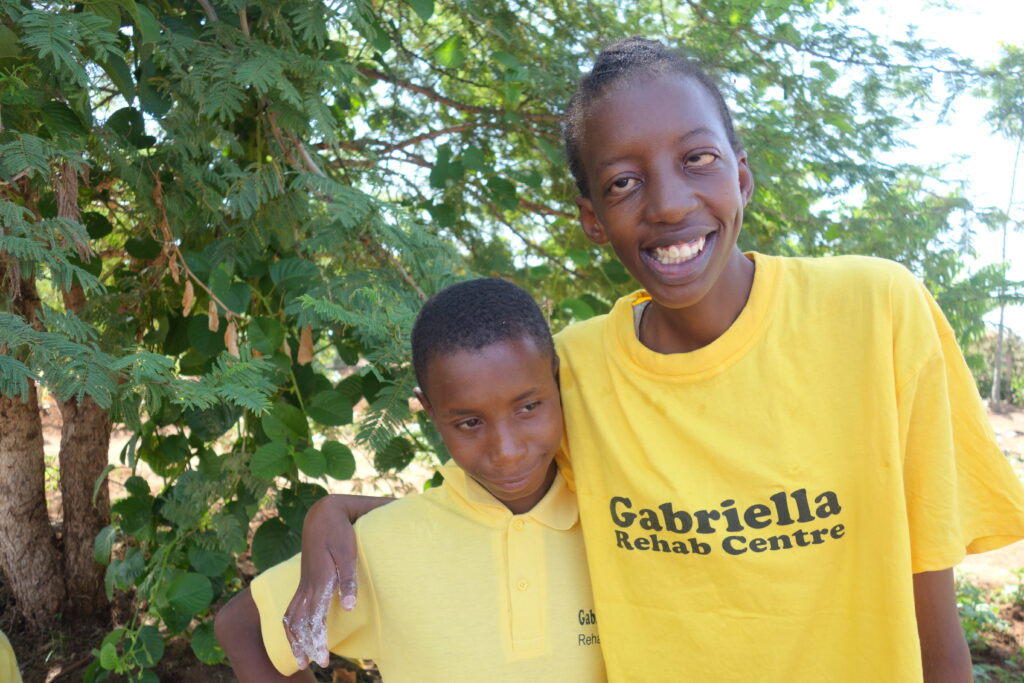
GO’s beauty lies in its ability to connect donors with specific causes and regions, while cutting through the red tape to change lives immediately. Just as GO listens to the heroes on the ground to determine the needs, GO also listens to its donors, letting donors direct their funds to the geographic region or issue that most resonates with them. In effect, you can adopt a project and follow its success along the way, thanks to GO’s real-time updates to donors.
What started out as an organization to help only 20 kids in one country has just crossed a milestone — helping over 200,000 kids across 40 countries. One of those original 20 orphans from Tanzania is about to graduate from college in the U.S. in May with a degree in Chinese Language and Economics with the world as his oyster, and there are 199,999 other stories of kids whose lives have also been changed for the better.
Think about that: GO Campaign has impacted 10,000 times the number of children it first set out to help. Imagine what else it can do with your support.
How To Help:
By pledging your support to GO Campaign, you are uplifting their mission to help local heroes all over the world — as well as the children their aid impacts. Visit the GO Campaign website to learn more about their work, to join an event or to donate to their deserving cause.

More from Better:
- Chronicling the Canary in the Coal Mine: Wilmette Native Danny O’Malley Brings Award-Winning Film Home
- Alzheimer’s Association Celebrates Caregivers, Spotlights Impact of Balancing Work With Care of a Loved One
- 30 Best Things to Do in Chicago and the Suburbs This April 2024
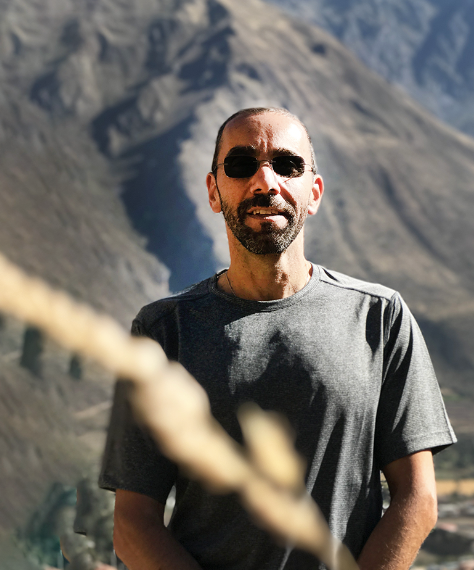
Rami Ghandour is the founder and CEO of the software company Industry Intelligence and sits on the Board of Directors of GO Campaign.
